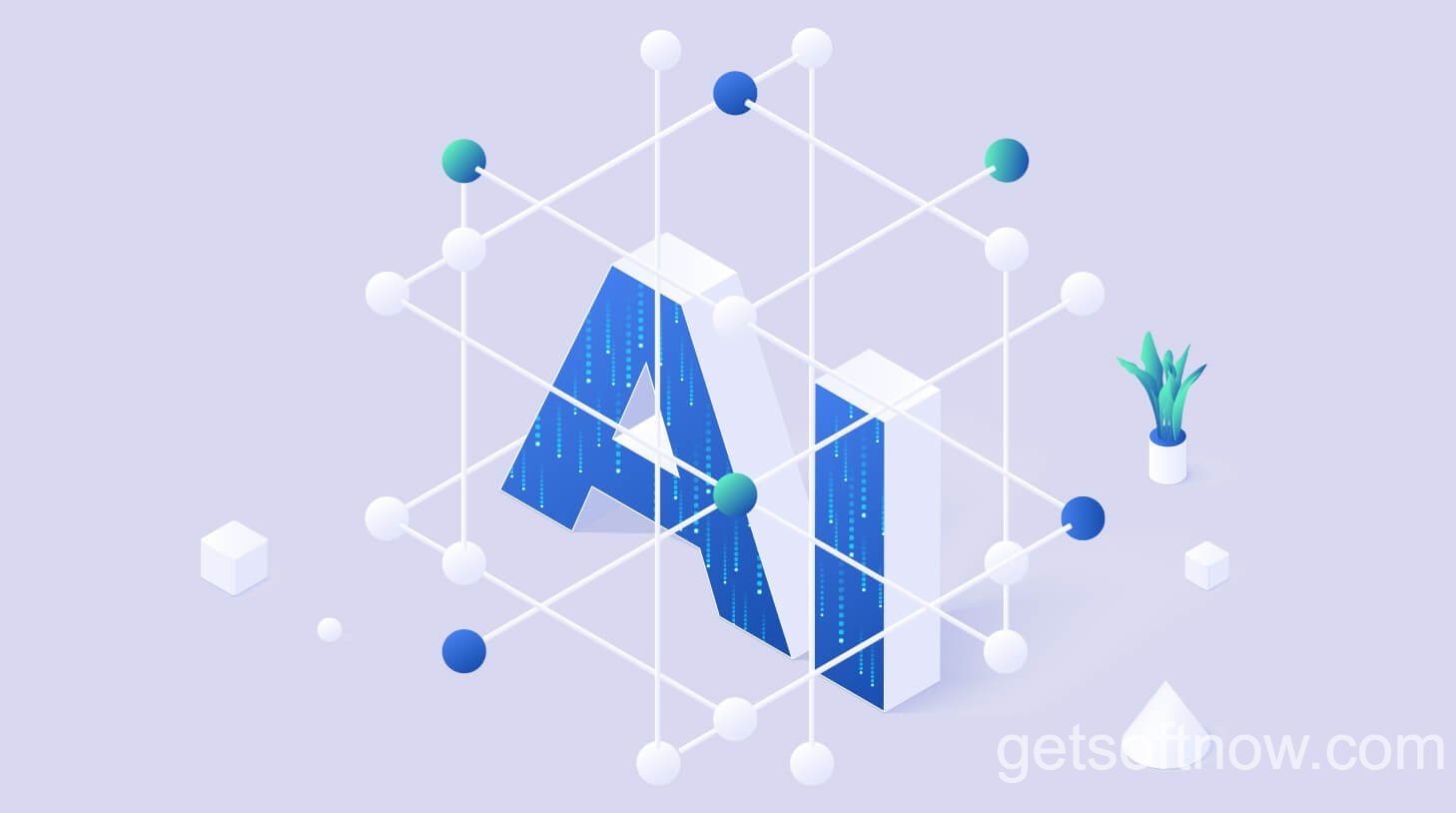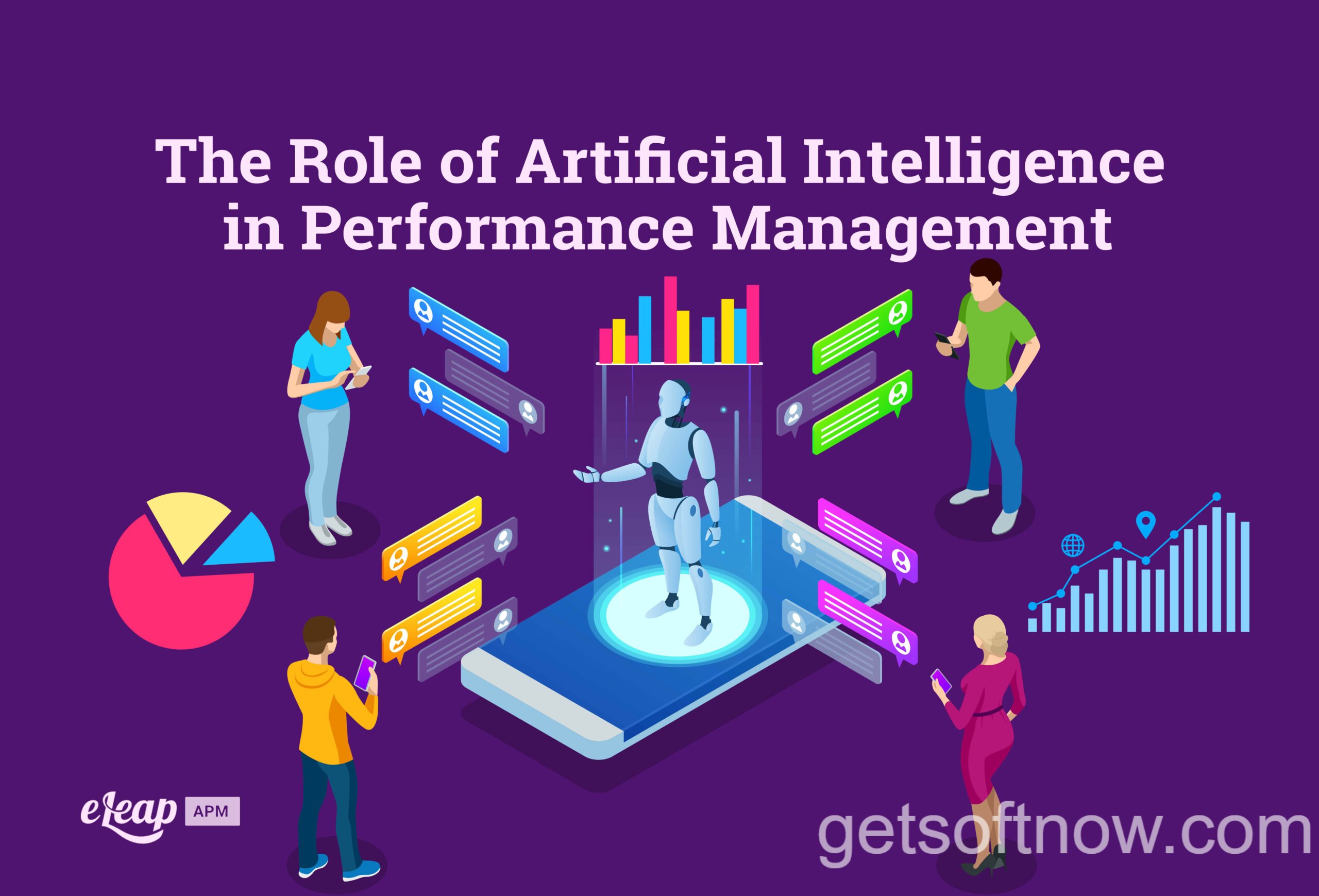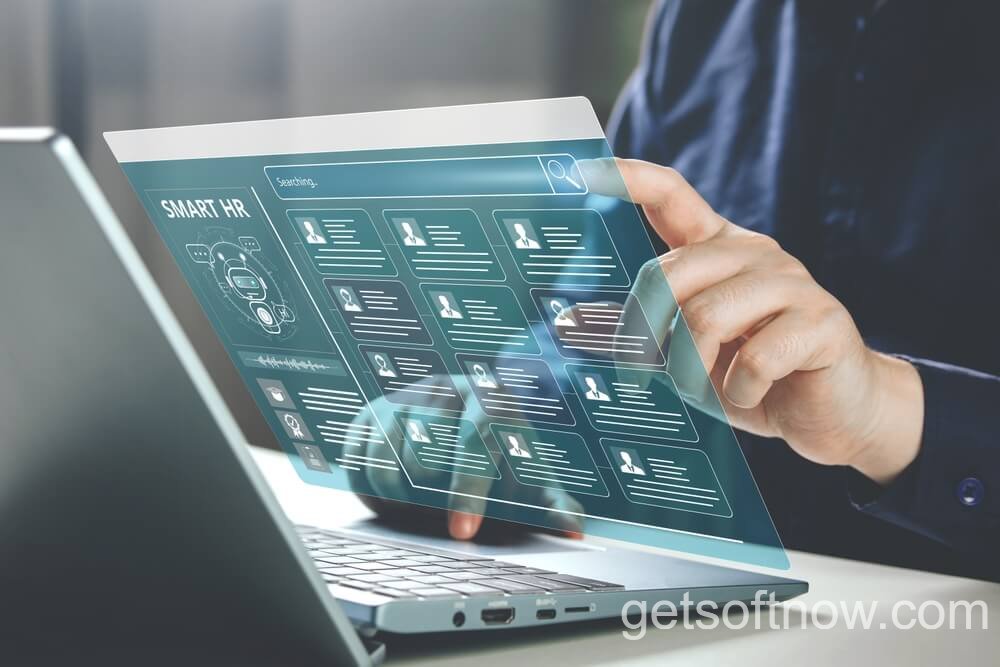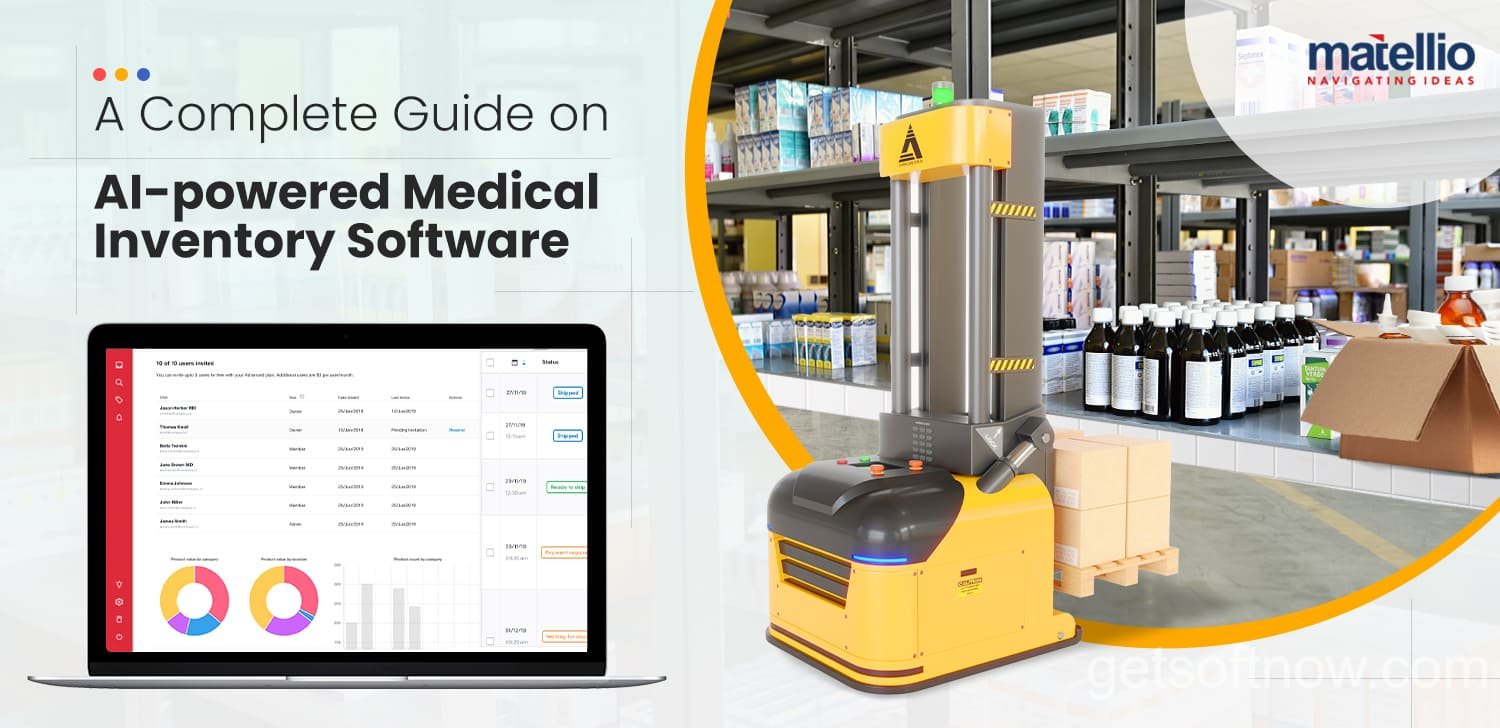Discover how AI HR software is transforming the human resources landscape, streamlining processes, enhancing decision-making, and empowering organizations to unlock the full potential of their workforce.
AI HR Software: The Future of Talent Management
In today’s fast-paced business environment, where competition for top talent is fiercer than ever, organizations are turning to innovative solutions to gain a competitive edge. One such solution is AI HR software, a game-changer that promises to revolutionize the way we approach talent management.
Get Soft Now is a leading provider of software solutions, and in this article, we’ll explore the world of AI HR software, its capabilities, and its impact on the HR landscape.
What is AI HR Software?
AI HR software is a suite of intelligent tools and applications that leverage artificial intelligence (AI) and machine learning (ML) technologies to streamline and enhance various HR processes. From recruitment and onboarding to performance management and workforce planning, AI HR software empowers organizations to make data-driven decisions, automate routine tasks, and unlock new levels of efficiency and productivity.
At its core, AI HR software is designed to augment and complement the work of human resources professionals, offering valuable insights, predictive analytics, and personalized experiences for both employees and candidates.
Recruitment and Hiring
One of the primary applications of AI HR software is in the realm of recruitment and hiring. These intelligent solutions can automate the resume screening process, rapidly analyzing vast numbers of applications and identifying the most qualified candidates based on predefined criteria.
AI-powered candidate sourcing tools scour databases, social media platforms, and other online sources to proactively identify and engage with potential talent, even before they actively apply for a role. This proactive approach ensures that organizations never miss out on top-tier candidates.
“AI-powered candidate matching and screening tools can reduce the time-to-hire by up to 50% while also improving the quality of hires.”
Furthermore, AI HR software can leverage predictive analytics to identify the best-fit candidates based on their skills, experience, and cultural alignment with the organization. This data-driven approach minimizes the risk of bias and ensures a more diverse and inclusive hiring process.

Employee Onboarding and Training
The onboarding process is critical for setting new employees up for success and ensuring their seamless integration into the organization. AI HR software can streamline this process by automating routine tasks, providing personalized onboarding experiences, and offering virtual assistants to answer common questions and provide support.
AI-powered training solutions can analyze an employee’s skills, learning preferences, and career goals to deliver tailored training programs. These adaptive learning systems can adjust the content, pace, and delivery method based on the individual’s progress and comprehension, ensuring a more effective and engaging learning experience.
Virtual assistants and chatbots powered by AI can assist employees with common HR-related queries, such as benefits, policies, and procedures, freeing up HR professionals to focus on more strategic tasks.
Performance Management
Traditional performance management systems often rely on subjective assessments and infrequent feedback cycles, which can lead to biases and ineffective talent development. AI HR software offers a data-driven approach to performance management, leveraging continuous feedback, objective metrics, and predictive analytics.
AI-powered performance evaluation tools can analyze employee data, such as work output, collaboration patterns, and customer feedback, to provide comprehensive and unbiased assessments. These insights can then be used to identify areas for improvement, recommend personalized training, and facilitate more effective coaching and mentoring.
Additionally, AI HR software can identify flight risks and potential high performers, enabling organizations to implement targeted retention strategies and succession planning initiatives.

Workforce Planning and Analytics
Effective workforce planning is crucial for aligning talent strategies with business objectives and ensuring long-term organizational success. AI HR software empowers organizations with powerful analytical capabilities and predictive modeling tools to make data-driven decisions about their workforce.
By analyzing historical data, current trends, and external factors, AI-powered workforce planning solutions can forecast future talent needs, identify skill gaps, and recommend strategies for talent acquisition, development, and retention.
These insights enable organizations to proactively plan for future talent requirements, optimize resource allocation, and minimize the risks associated with workforce shortages or surpluses.

Benefits of AI HR Software
The adoption of AI HR software offers numerous benefits to organizations, including:
- Increased efficiency and productivity: Automating routine tasks and streamlining processes frees up valuable time and resources, allowing HR professionals to focus on more strategic initiatives.
- Reduced bias and improved diversity: AI-powered decision-making and candidate sourcing minimize the risk of unconscious biases, promoting a more diverse and inclusive workforce.
- Enhanced employee engagement and retention: Personalized experiences, continuous feedback, and tailored development opportunities contribute to higher employee satisfaction and lower turnover rates.
- Cost savings and optimized resource allocation: Data-driven workforce planning and predictive analytics enable organizations to optimize resource allocation and minimize unnecessary costs.
Case Studies and Success Stories
The transformative power of AI HR software is evident in the success stories of organizations that have embraced this technology. For example, Unilever, a global consumer goods company, implemented AI-powered recruitment tools to streamline their hiring process and improve candidate experience. As a result, they saw a 50% reduction in time-to-hire and a 25% increase in overall hiring efficiency.
Another notable example is IBM, which leveraged AI-driven workforce planning and analytics to optimize its global workforce. By identifying skill gaps and predicting future talent needs, IBM was able to proactively train and develop its workforce, resulting in improved retention rates and better alignment with business objectives.
These real-world examples demonstrate the tangible benefits that organizations can achieve by integrating AI HR software into their talent management strategies.
Overcoming Challenges and Concerns
While the advantages of AI HR software are compelling, organizations must also address potential challenges and concerns associated with its implementation.
Addressing Data Privacy and Security Concerns
One of the primary concerns surrounding AI HR software is the protection of sensitive employee and candidate data. Organizations must ensure that they have robust data privacy and security measures in place, adhering to all relevant regulations and best practices.
This includes implementing stringent access controls, encrypting sensitive data, and regularly auditing and updating security protocols. Additionally, organizations should be transparent about their data collection and usage practices, obtaining explicit consent from employees and candidates where necessary.
Change Management and Employee Adoption Strategies
Introducing new technologies often faces resistance from employees accustomed to traditional processes. To ensure a successful implementation of AI HR software, organizations must develop comprehensive change management strategies that address employee concerns, provide adequate training, and clearly communicate the benefits and rationale behind the adoption of AI solutions.
Involving employees in the decision-making process and seeking their feedback can help build trust and buy-in, ultimately facilitating a smoother transition and greater adoption rates.
Ethical Considerations and Responsible AI Implementation
As AI technologies become more prevalent, it is crucial to address ethical considerations and ensure responsible implementation. This includes mitigating algorithmic biases, maintaining human oversight and accountability, and upholding principles of fairness, transparency, and explainability.
Organizations should establish clear ethical guidelines and governance frameworks for their AI initiatives, ensuring that these solutions are deployed in a manner that respects privacy, promotes inclusivity, and aligns with organizational values and societal norms.
“As AI systems become more capable and more widely deployed, we need to ensure they are developed and used in a way that is trustworthy, respects privacy and promotes equal treatment.”
Selecting the Right AI HR Software
With a growing number of AI HR software solutions available in the market, it is crucial for organizations to carefully evaluate their options and select the right solution that aligns with their specific needs and requirements.
Key features and functionalities to consider include:
- Scalability and flexibility to accommodate future growth and changing needs
- Seamless integration with existing HR systems and platforms
- Robust data security and privacy measures
- User-friendly interfaces and intuitive design
- Customization options to tailor the solution to organizational processes
- Vendor support, training, and ongoing updates and maintenance
Additionally, organizations should thoroughly evaluate potential vendors, considering factors such as their experience, industry expertise, customer references, and overall reputation in the AI HR software space.
The Future of AI HR Software
As AI technologies continue to evolve and mature, the future of AI HR software holds even greater potential for transforming talent management practices.
Emerging Trends and Innovations
Some of the emerging trends and innovations in the AI HR software space include:
- Conversational AI and intelligent virtual assistants: Natural language processing (NLP) and conversational AI will enable more intuitive and human-like interactions with virtual assistants, enhancing the employee experience and support.
- Augmented analytics and visualization: Advanced data visualization and augmented analytics capabilities will provide HR professionals with more insightful and actionable intelligence, enabling better decision-making.
- Predictive and prescriptive analytics: AI-powered predictive and prescriptive analytics will not only forecast future talent needs but also recommend specific actions and strategies to address those needs proactively.
- Personalized career pathing and skill development: AI will enable highly personalized career pathing and skill development plans tailored to individual strengths, aspirations, and learning preferences.
- Sentiment analysis and employee experience monitoring: AI-driven sentiment analysis and employee experience monitoring will provide valuable insights into employee engagement, sentiment, and overall organizational culture, enabling organizations to take proactive measures to improve employee well-being and retention.
The Role of AI in Shaping the Future of Work
Beyond the specific applications of AI HR software, AI will play a pivotal role in shaping the future of work itself. As automation and AI continue to disrupt various industries and job roles, the nature of work will evolve, requiring a strategic approach to reskilling and upskilling the workforce.
Organizations that embrace AI HR solutions will be better equipped to navigate this shift, identifying emerging skill gaps, designing targeted training programs, and effectively transitioning their workforce to align with the changing job landscape.

Preparing for the AI-Driven HR Landscape
As we look towards the future, it is clear that organizations must prioritize their AI strategies and actively prepare for the AI-driven HR landscape. This preparation involves not only investing in the right AI HR software solutions but also fostering a culture of continuous learning, agility, and adaptability within the organization.
By embracing AI and adopting a forward-thinking mindset, organizations can position themselves as leaders in the talent management space, attracting and retaining top talent while driving sustained business success.
Conclusion
The transformative power of AI HR software is undeniable. From streamlining recruitment and onboarding processes to enhancing performance management and enabling data-driven workforce planning, these intelligent solutions are redefining the way organizations approach talent management.
By leveraging AI and predictive analytics, organizations can gain valuable insights, make informed decisions, and create personalized experiences that drive employee engagement, retention, and overall organizational success.
As we look towards the future, the role of AI in HR will only continue to grow, shaping the very nature of work itself. Organizations that embrace AI HR software and effectively navigate the AI-driven HR landscape will be well-positioned to attract and retain top talent, fostering a competitive advantage in an increasingly dynamic business environment.
At Get Soft Now, we are committed to providing our readers with the latest insights and information on software solutions, including AI HR software. We invite you to explore our website further and stay up-to-date with the latest trends and developments in this exciting field.
Frequently Asked Questions (FAQs)
-
What is AI HR software, and how does it differ from traditional HR software?
AI HR software is a suite of intelligent tools and applications that leverage artificial intelligence (AI) and machine learning (ML) technologies to streamline and enhance various HR processes. Unlike traditional HR software, AI HR software can automate routine tasks, provide data-driven insights, and offer personalized experiences for employees and candidates.
-
What are some common applications of AI HR software?
AI HR software has numerous applications across the HR lifecycle, including recruitment and hiring, employee onboarding and training, performance management, and workforce planning and analytics.
-
How can AI HR software benefit organizations?
The adoption of AI HR software offers several benefits, such as increased efficiency and productivity, reduced bias and improved diversity, enhanced employee engagement and retention, and cost savings and optimized resource allocation.
-
What are some potential challenges and concerns associated with implementing AI HR software?
Organizations must address concerns related to data privacy and security, change management and employee adoption, ethical considerations, and responsible AI implementation. Selecting the right AI HR software solution that aligns with organizational needs and requirements is also crucial.
-
How can organizations prepare for the AI-driven HR landscape?
To prepare for the AI-driven HR landscape, organizations should prioritize their AI strategies, invest in the right AI HR software solutions, foster a culture of continuous learning and adaptability, and adopt a forward-thinking mindset towards the future of work.
READ MORE: Revolutionizing Photo Organization with AI Photo Tagging Software

Leave a Reply